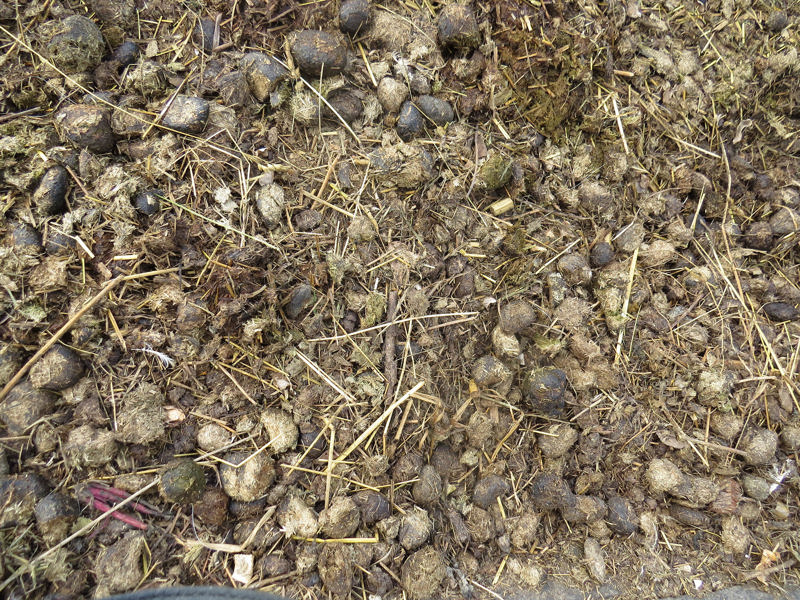Horse manure
 Horse manure, like any farmyard manures can be a valuable source of nutrients for plant growth. Storage of manure in manure piles can cause problems with run-off.
Horse manure, like any farmyard manures can be a valuable source of nutrients for plant growth. Storage of manure in manure piles can cause problems with run-off.
What you must do
You must have an authorisation, such as a licence, permit or consent, from your environmental regulator before you discharge any sewage, effluent or contaminated run-off to the water environment. You must comply with any conditions in your authorisation.
You must not allow run-off from manure heaps or contaminated yards to enter surface water drains or watercourses. The run-off would normally need significant treatment before being discharged to comply with an authorisation.
Drain to sewers
Trade effluent is any liquid waste you discharge from your business.
Before you discharge trade effluent into a public sewer you must have a trade effluent consent or enter into a trade effluent agreement with your water or sewerage company or authority. You must comply with the conditions of your consent or agreement.
If you do not have the appropriate authorisation to discharge to sewer or watercourses, then you will need to collect dirty water in a sealed tank for disposal. You must use a registered waste carrier if you use a contractor to remove this waste.
Waste carriers, brokers and dealers
Good practice
You should place heaps of horse manure and bedding where there is no risk of run-off polluting watercourses. They should be at least 10 metres from a watercourse and 50 metres from a well, spring or borehole that supplies water for human consumption or for use in dairy farms.
Permanent manure stores should have an impermeable base that slopes so that run-off can be collected easily in a sealed underground tank.
You should dispose of manure by spreading it on land where it is of agricultural benefit. If you spread manure and effluent you need to be aware of limitations on landspreading.
